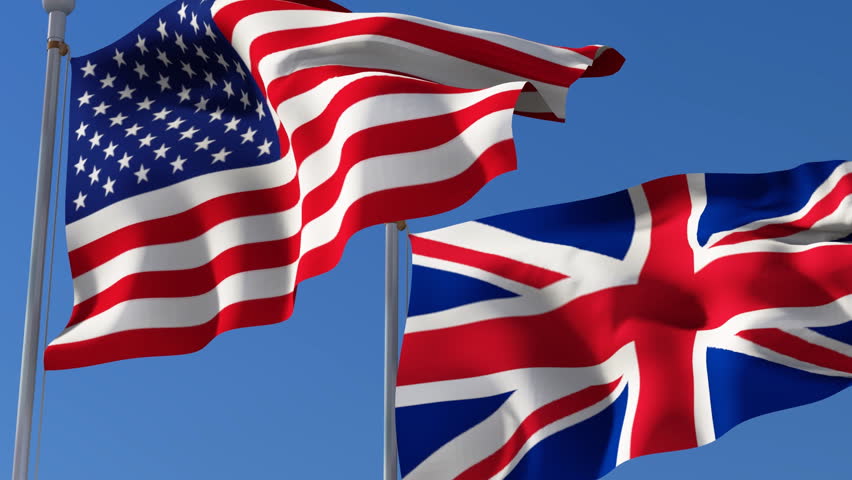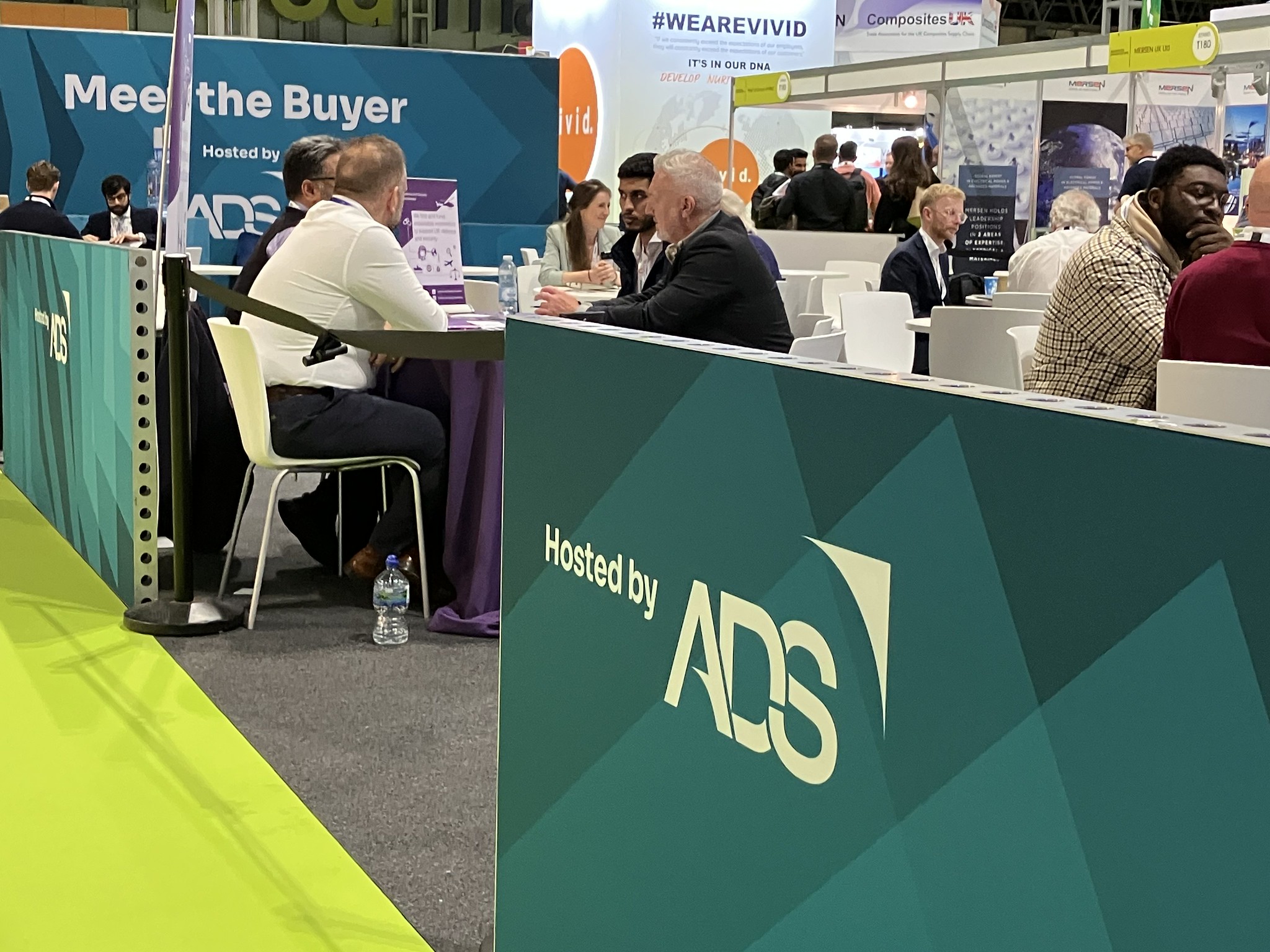
Written by Aimie Stone, Senior Economist at ADS
In the event of a No Deal Brexit, businesses trading with the EU will be faced with many new and costly procedures in order to continue importing and exporting. The UK Government have announced a series of simplifications, aimed at specific types of businesses who are likely to be hardest hit by a No Deal Brexit, these are:
- Making importing easier – Transitional Simplified Procedures (TSP)
Full customs declarations and duties could be postponed, likely to be of most benefit SMEs who don’t already use other procedures, or don’t already have AEO. Will be in available for an initial 15 months. - Changes to VAT – Postponed accounting for import VAT
Rather than paying import VAT on or soon after goods arrive at the UK border, businesses importing will be able to account for import VAT on their online monthly VAT return. This would apply both to imports from the EU and non-EU countries. VAT registration numbers will generate statements to show the VAT that’s been postponed which will provide the evidence to declare/ recover import VAT on VAT returns. - Duty deferment (customs duties)
Would allow businesses to pay their customs charges by a single monthly payment on the 15th day of the month following the month of import, subject to strict authorisation requirements, bank guarantees and additional compliance. - Duty suspension for excise goods
UK businesses can use customs procedures for EU goods, e.g. Customs Warehousing, Transit etc.
This will increase the volumes of goods at risk under customs control. Businesses can continue to use EMCS (Excise Movement Control System) to move goods in duty suspense in the UK from the port to a registered warehouse. This system will not be linked to the EU. - Phased approach for Entry Summary Declarations
The new rules would only apply to goods coming from the EU to maintain the status quo for carriers.
Importers would still be required to submit import declarations for customs purposes. This simplification is purely designed to give time to business to prepare for full ESD submissions, after six months carriers will have legal obligation to complete and submit full compliant ESDs.
Customs Special procedures available now
In addition to the new proposed measures, UK businesses will still be able to use customs simplification procedures that are available to UK businesses as part of the Union Customs Code (UCC) and will be available in any new UK customs code. ADS members who already engage in trade are likely to be familiar with these and other duty relief schemes:
- temporary admission
- Inward Processing
- Outward Processing
- customs warehousing
- community system of duty relief
- duty suspensions and tariff quotas
- returned goods relief
- end-use relief
In addition to the simplifications and procedures, HMRC and HM Treasury have made £8 million available to help private customs intermediaries and businesses increase their capacity and train employees to prepare for a No Deal scenario.
Members should be aware that there are a few areas where UK goods will have to abide by full ‘third country treatment’:
- UK roll-on, roll-off location will need to declare goods before boarding the ferry or train.
- Goods imported will require an importing safety and security declaration before they arrive.
- Customs Duty is required to be paid on some goods.
Members should familiarise themselves with the current procedures available to ease the burden of complying with customs and duty requirements as well as consider the potential benefit of the new ‘in the event of No Deal’ procedures that Government have announced.
There are a number of actions ADS members should be taking now in order to prepare for a No Deal Brexit, which are detailed on our Brexit hub.





